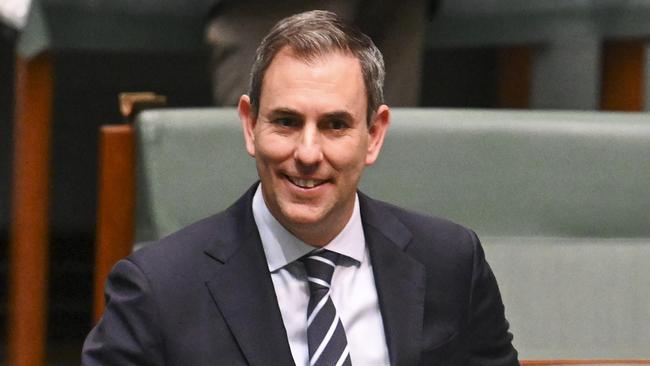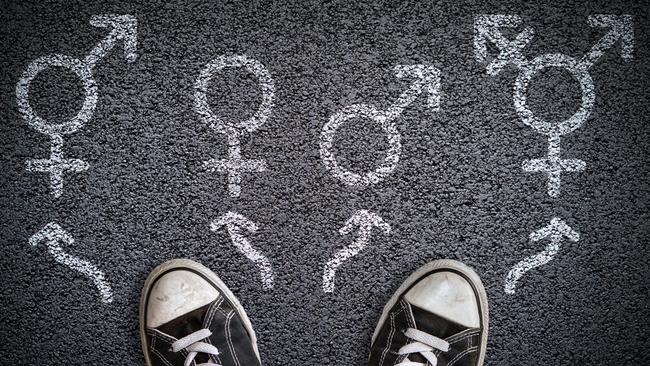Akerman: Mental health problems reveal why census needs to recognise the diverse groups in our society
The Albanese government can hardly claim to be inclusive if it serially backflips over simple recognition of any group within our society – ignoring relevant mental health problems, writes Piers Akerman.
Opinion
Don't miss out on the headlines from Opinion. Followed categories will be added to My News.
The Albanese government’s dumb double backflip on questions on sexual orientation and gender identity being included in our next census was to be expected.
Even the most stupid member of the Green-Left would ultimately understand that data obtained about the nature of the population is important, it’s just that some people are slower than others.
Facts matter to most of us but not so much to ideologues driven by emotion and not reality.
Predictably, after Albanese first reneged on his election promise to include questions on sexuality and gender (with one of his shifty eyes on the threat the Greens pose in Labor’s inner-city electorates), there was a noisy and intense campaign by LGBTIQ+ advocates, Labor backbenchers and the union movement.
The census isn’t due until 2026 but the usual activists within the minority won and, after the government initially rejected including new questions in the national survey, the government flipped back to its original position with some qualifications.
Treasurer Jim Chalmers blathered his usual humbug about listening to the community, the government’s good intentions and so on, and on, and on, before admitting that sexual persuasion and gender identification would be counted in the 2026 census.

His excuse for the government’s previous exclusion of such questions was that they may be “weaponised” and lead to a divisive debate.
Most debates take place between parties with differing points of view, another fact that the grinning Treasurer wants to gloss over.

Actually, the importance of the inclusion of the information outweighed the government’s lame excuses to exclude it.
The ABS is charged with gathering information. A good government studies the data and uses it to formulate policy. Bad governments try to ignore the facts as they pursue their own ideological pipedreams and the end result is the introduction of bad policy which hastens the degradation of our nation.
The ABS had planned to trial new questions that would identify sexually diverse, transgender and intersex Australians but, under the new Albanese guidelines, the (albeit minuscule) transgender cohort would not get a guernsey.
This is unfortunate as the data on mental health for LGBTQ+ Australians from the 2020-2022 National Study of Mental Health and Wellbeing indicated an alarming prevalence of mental disorders, service use for mental health and psychological distress.
The bureau said no question would be asked about transgender issues because of the technical complexity of the topic. According to the ABS, it uses the acronym LGB+ to represent people who described their sexual orientation as gay or lesbian, bisexual, or who used a different term (such as asexual, pansexual or queer).

Its mental health survey of the above found three in four (74.5 per cent) had experienced a mental disorder some time in their life (compared with 41.7 per cent of heterosexual people), including 63.5 per cent of gay or lesbian people, 80.1 per cent of bisexual people, and 93.1 per cent of people who use a different term for their sexual orientation.
The percentage of this grouping who considered suicide (47.8 per cent) is also alarmingly well above the norm for heterosexuals (15.3 per cent).
Clearly, the ABS data reveals that a not inconsequential section of the community has substantial mental problems and that significant health resources must be allocated to deal with their issues. The Albanese government can hardly claim to count itself inclusive if it serially backflips over simple recognition of this group – or any other group within our society – ignoring relevant mental health problems.
Got a news tip? Email weekendtele@news.com.au





